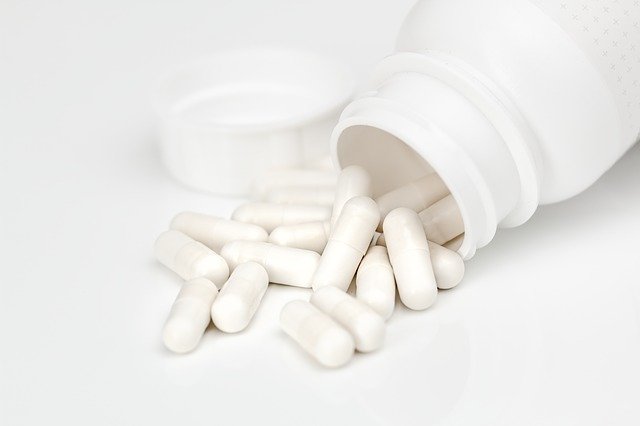The Side Effects of Aspirin
Overview
The modern-day lifestyle has both positive and negative impacts on your health. The work pressure, pollution, chaotic traffic, poor diet, etc. are the leading causes of major health complications. The world is witnessing more and more cases of Heart attacks and strokes. The young generation is also not spared. These days you are handed over a long list of medications and drugs every time you visit a hospital. One such common drug advised is Aspirin.
It is believed to ease your pain especially amongst the people with critical heart conditions. Aspirin dosage must be carefully monitored as this powerful drug can also cause gastrointestinal issues and allergic reactions. There are certain foods and drinks that must be strictly avoided when taking Aspirin. Alcohol is one of them. You must sincerely follow the diet chart suggested by your doctor.

What is Aspirin?
Aspirin is also known as acetylsalicylic acid. It is used to reduce pain, fever, and inflammation. It is also known to prevent heart attacks, strokes, and severe chest pain. The treatment for peculiar inflammatory conditions like Kawasaki disease, and rheumatic fever involves the use of Aspirin. Doctors prefer giving a measured dosage of Aspirin after heart surgery to reduce the pain. It can also lower the risk of strokes and attacks in the future. Aspirin has many advantages but it also interferes with the normal functions of the body. An upset stomach, internal bleeding, and worsening asthma are commonly seen with its regular consumption.
Aspirin should not be used during pregnancy as it can cause bleeding in the mother or the baby. It can easily slip into breast milk and may harm a nursing baby. Women should completely avoid taking Aspirin during their pregnancy period.

Here are some of the side effects of Aspirin:
● Common Side Effects
1. Heartburn
2. Irritation in the stomach or intestinal bleeding
3. Nausea
4. Cramps
5. Excessive stomach acid secretion
6. Vomiting
● Rare Side Effects
1. Allergic reactions such as Anaphylaxis, Hemolytic Anemia (bursting of red blood cells), Angioedema, etc
2. A decrease in platelet count
3. Intestinal Nephritis (Inflammation of kidneys)
4. Bleeding from the wall of the stomach or intestines
5. Bleeding in the skull
6. Blood coming from anus
7. Blistering of the skin
8. Serious damage to the Liver
9. Bronchospasm
10. Loss of white blood cells
11. Wheezing
12. Breathing troubles

Dosage
The side effects of Aspirin can considerably soar if you neglect the proper dosage. The maximum number of milligrams of Aspirin defined for fever in adults is 4 g in 24 hours. This number stands at just 100 mg per day for cardiovascular risk reduction cases. A change in dosage, even in milligrams, can trigger serious side effects. People may also experience indigestion, decreased appetite, drowsiness, ringing in the ears, and red patches on the skin after taking the wrong dosage of Aspirin. A low dose of Aspirin is advised to first check your body’s reaction to it.
The Reaction of Aspirin with Other Drugs:
Asprin’s mechanism of action may interfere with the working of other drugs. Aspirin taken with any other anticoagulant drug like warfarin, apixaban, dabigatran, etc may greatly increase the risk of heavy bleeding.
The following drugs are known to interact quickly with Aspirin and may invite medical emergencies:
● Corticosteroids
● Heparin
● Ibuprofen (Advil, Motrin IB, etc.)
● Clopidogrel
● Antidepressants (clomipramine, paroxetine, etc.)
Aspirin packs lots of benefits but at the same time can prove to be fatal if taken without consulting a doctor. It must never be taken in the cases of hemophilia, intestinal bleeding, or if you are allergic to Non-Steroidal Anti-Inflammatory Drugs such as Indocin, Aleve, Motrin , etc. The Salicylates present in Aspirin can invoke dangerous Reye’s syndrome amongst children.
, etc. The Salicylates present in Aspirin can invoke dangerous Reye’s syndrome amongst children.
updates?










0